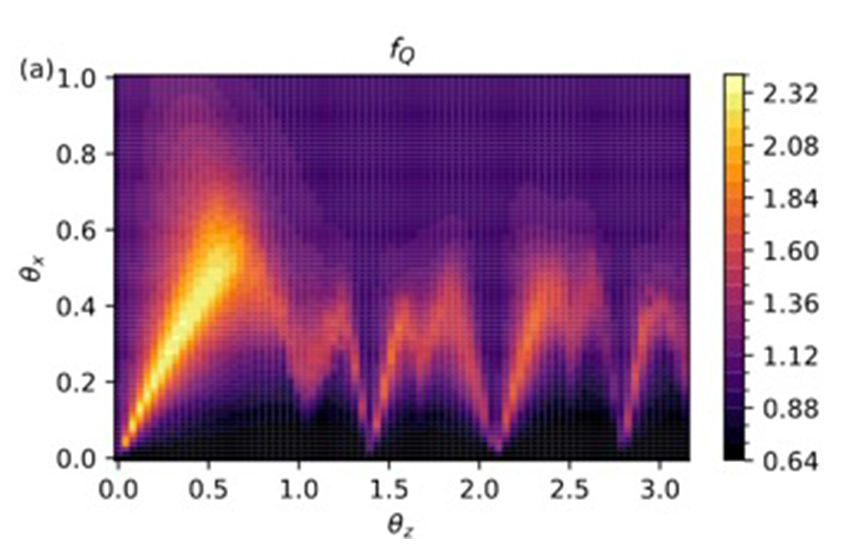Am Montag, den 3. Juni 2024, um 12:00 Uhr c.t., findet der nächste Termin unseres Physikalischen Kolloquiums statt.
Referent ist Prof. Dr. Benedikt Fauseweh (TU Dortmund) zum Thema „Digital Quantum Simulation on Modern Quantum Computers“.
Understanding and simulating many-body quantum systems is an inherently challenging task. In 1981, Richard Feynman proposed that quantum systems could be effectively simulated by a computer that follows the same principles as quantum mechanics. The idea of a quantum computer was born. While many other applications for quantum computers have been discovered since then, Feynman’s original idea, now called Digital Quantum Simulation (DQS), has evolved from analog methods to advanced digital platforms, driven by significant experimental progress, e.g., using ultracold atoms or trapped ions. In this talk, I will provide an overview of the progression of DQS, from its initial concept to current implementations [1]. Modern noisy quantum computers present challenges due to the non-errorcorrected nature of these systems. To navigate this landscape, novel quantum algorithms, especially hybrid classical-quantum algorithms [2], have been developed to fit the specifications of such devices. For DQS, the prevailing question today is: What problems are amenable to be simulated on noisy quantum computers? I will discuss recent work on simulating quantum many-body dynamics [3], algorithmic advances to detect ground state phase transitions and the potential of stabilizing exotic non-equilibrium phases of matter, e.g., discrete time crystals, using quantum-classical feedback.
[1] B. Fauseweh “Quantum many-body simulations on digital quantum computers: State-of-the-art and future challenges”, Nat. Comm., 15, 2123, (2024)
[2] B. Fauseweh and J.-X. Zhu, “Quantum computing Floquet energy spectra,” Quantum 7, 1063, (2023)
[3] B. Fauseweh and J.-X. Zhu, “Digital Quantum Simulation of Non-Equilibrium Quantum Many-Body Systems,” Quantum Inf. Process., 20, 138, (2021)
Abstract des Vortrags von Dr. Fauseweh.
Die Einführung erfolgt durch Prof. Dr. Ilya Eremin.
Die Fakultät lädt alle Interessierten herzlich ein. Die Veranstaltung findet im Hörsaal HNB statt. Vor dem Kolloquium bieten wir Ihnen Kaffee und Kekse an.
Alle Termine des Physikalischen Kolloquiums finden Sie hier.


